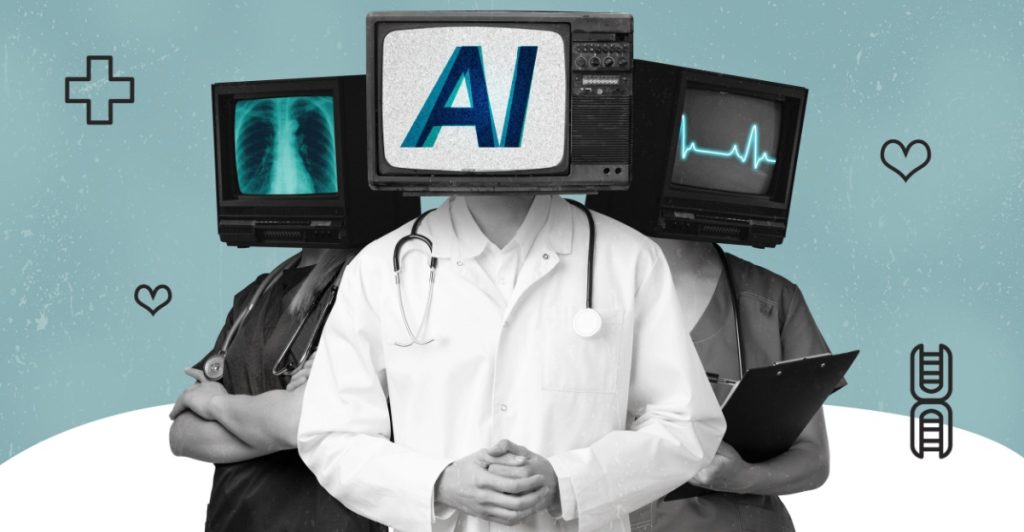From Reddit success stories to Harvard hospital rounds, AI tools like ChatGPT are quietly transforming how patients and doctors approach diagnoses.
Others are reading now
From Reddit success stories to Harvard hospital rounds, AI tools like ChatGPT are quietly transforming how patients and doctors approach diagnoses.
A Reddit Jaw Fix Goes Viral
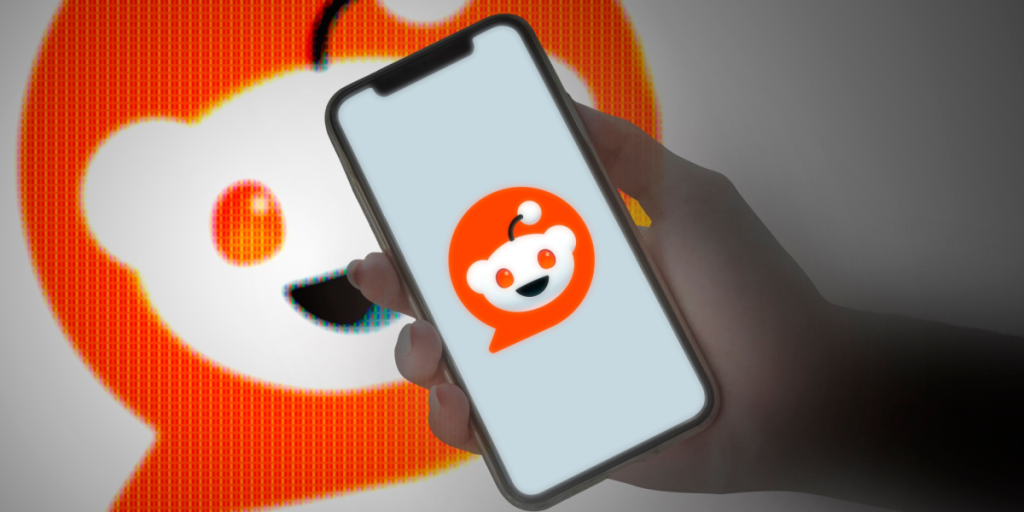
One user solved a five-year-old jaw issue with ChatGPT’s suggestion. The AI’s quick diagnosis succeeded where multiple specialists had failed.
When AI Outpaces Doctors
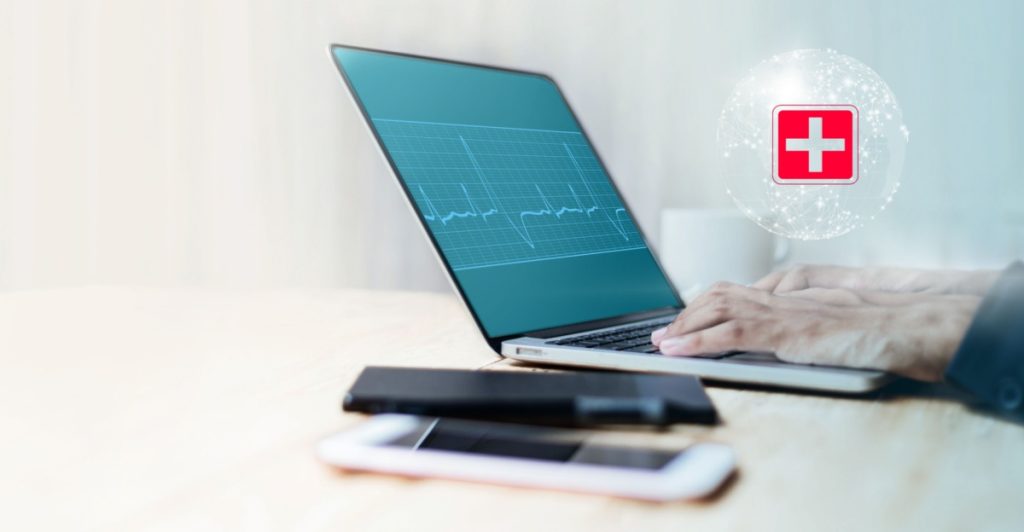
Stories are spreading of AI identifying rare conditions, like tethered cord syndrome, after years of inconclusive doctor visits.
The Rise of “Dr. ChatGPT”
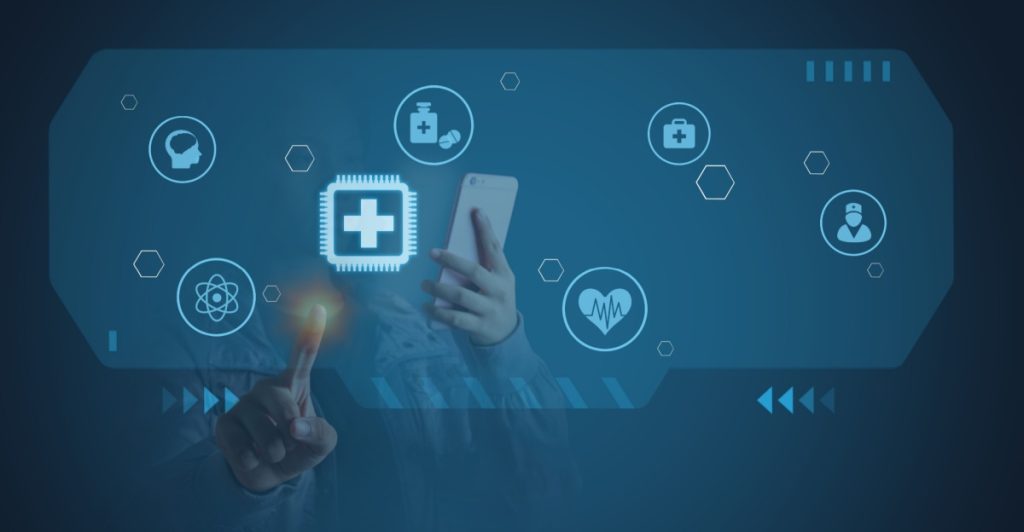
Consumers now turn to AI for second opinions, often uploading scans and medical records into chatbots before seeing doctors.
Also read
Doctors Are Taking Note
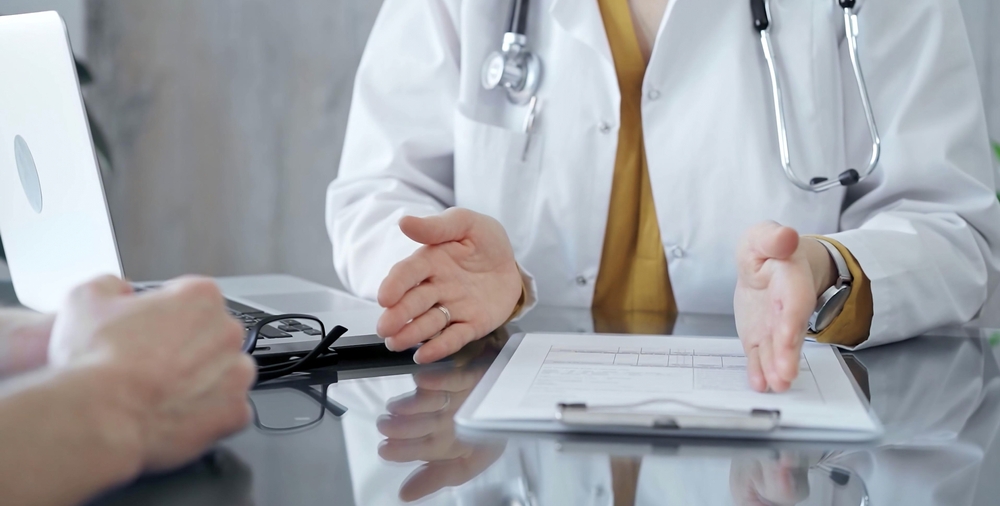
Physicians like Harvard’s Adam Rodman are encountering AI-informed patients and see it as an opportunity to improve communication and care.
AI Can Be More Accurate Alone
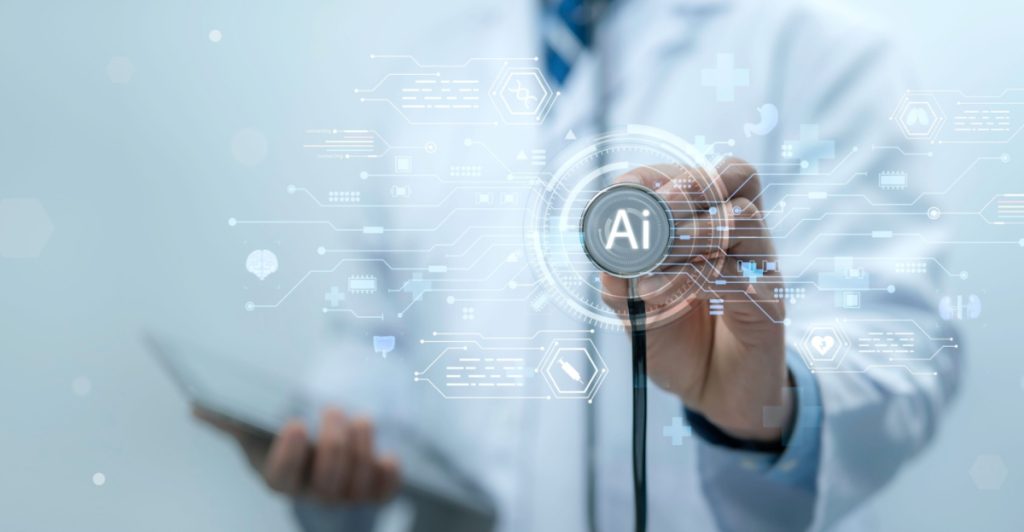
Studies show AI alone can outperform doctors in diagnostic tests. But when humans use AI as an aid, accuracy often drops due to mistrust or misuse.
Human Bias Against Machines
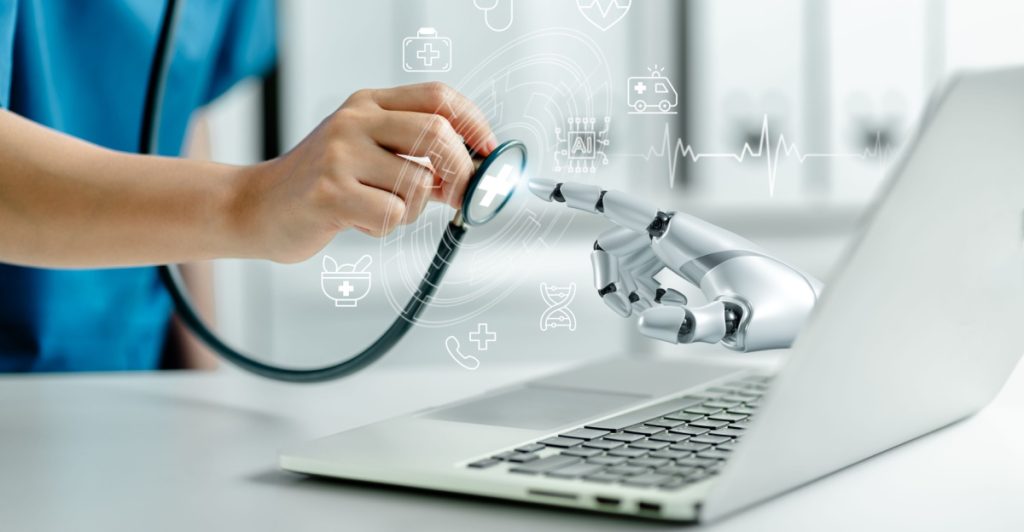
Doctors often dismiss AI input when it contradicts their own judgment, even when the machine is right, limiting its potential benefit.
AI’s Confident Tone Can Mislead
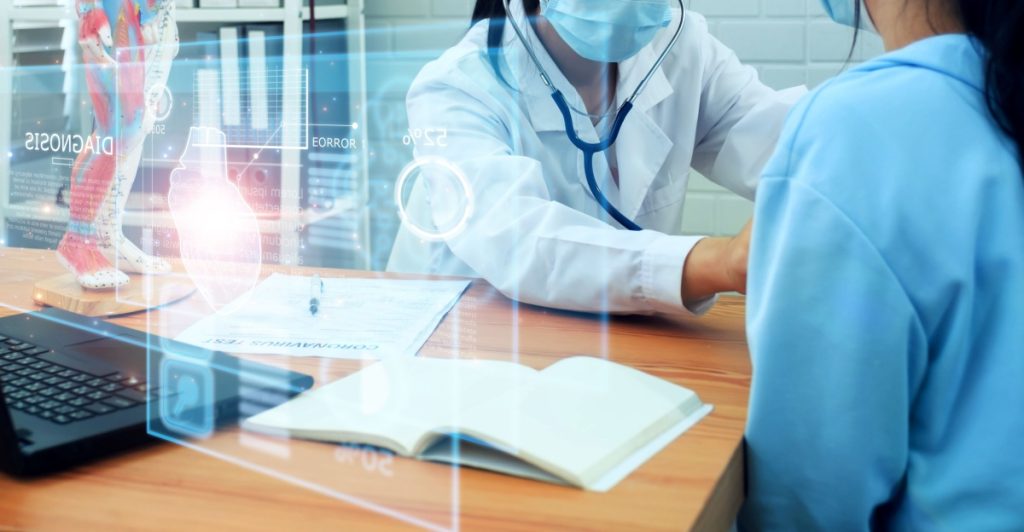
Because AI writes in polished, authoritative language, incorrect answers may appear more trustworthy than they are.
Lacking Clinical Nuance
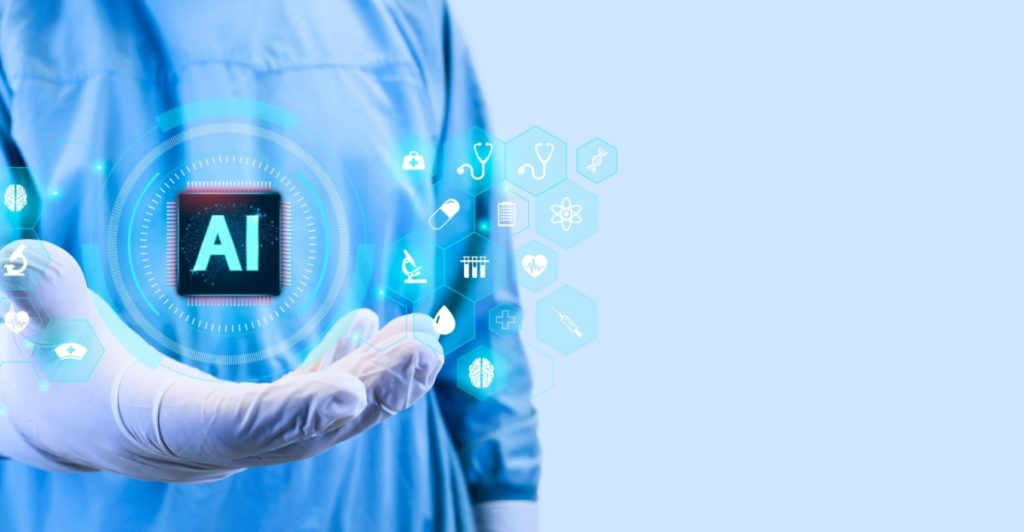
AI might give plausible answers but miss key context; such as fertility treatment decisions that hinge on far more than embryo scores.
Tech Firms Race to Improve Tools
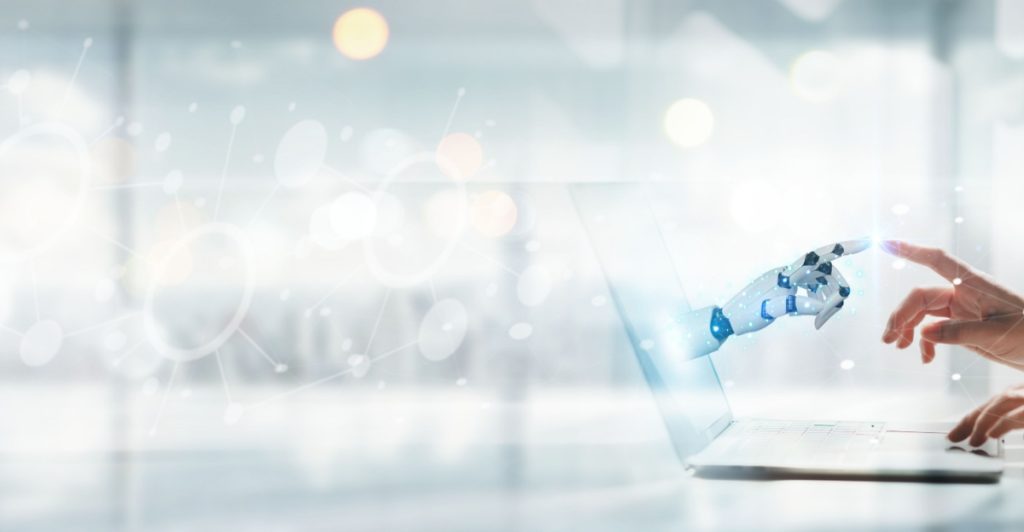
OpenAI’s HealthBench and Microsoft’s MAI-DxO aim to build safer, more reliable medical AI tools specifically for health professionals.
Teaching the Next Generation
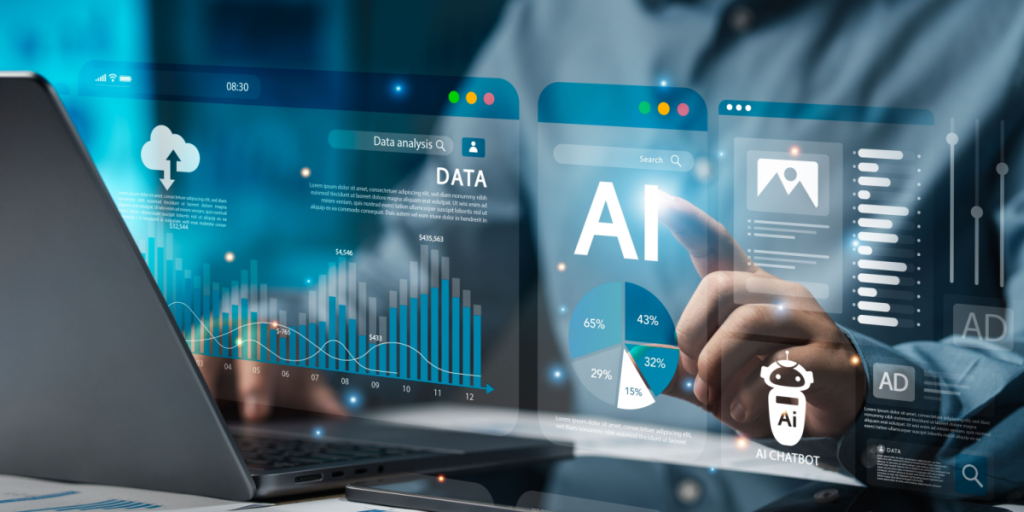
Medical schools are integrating AI into training, preparing doctors to harness its strengths while guarding against overreliance.

